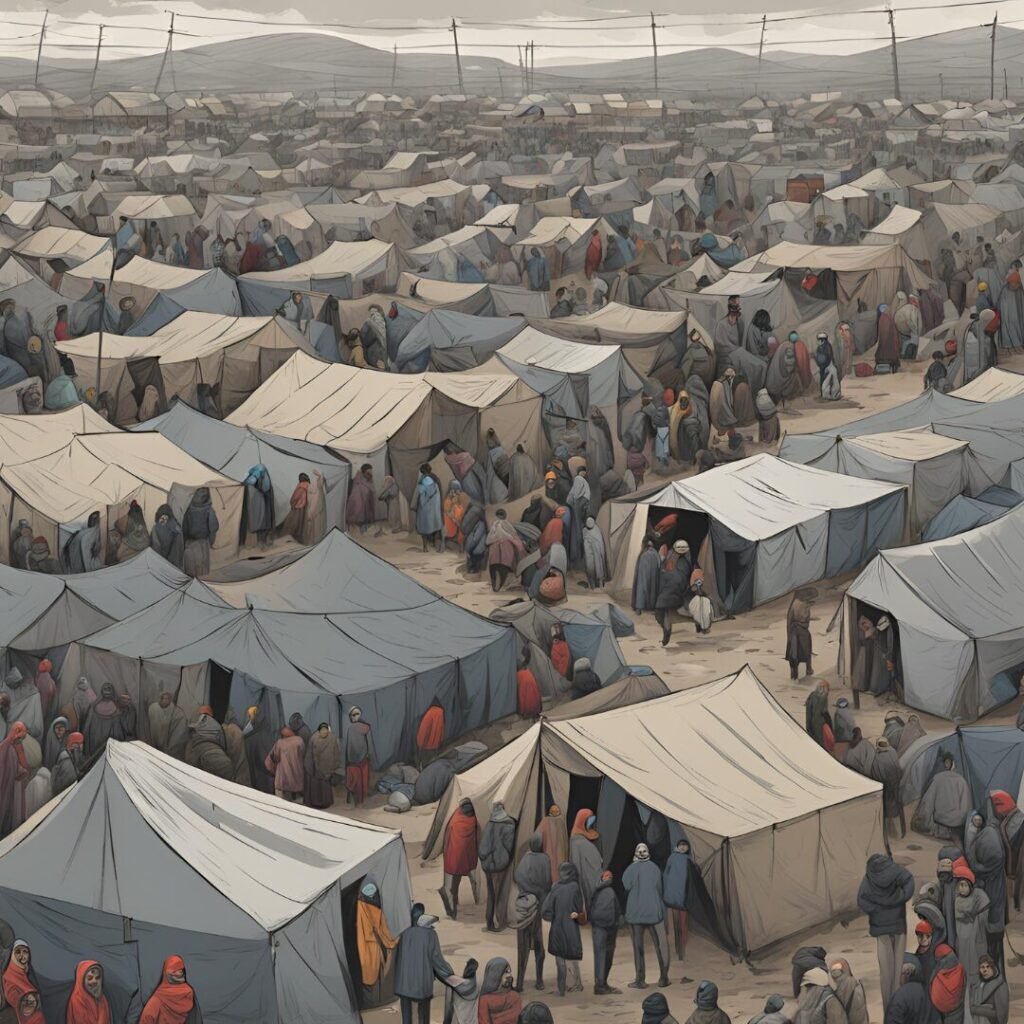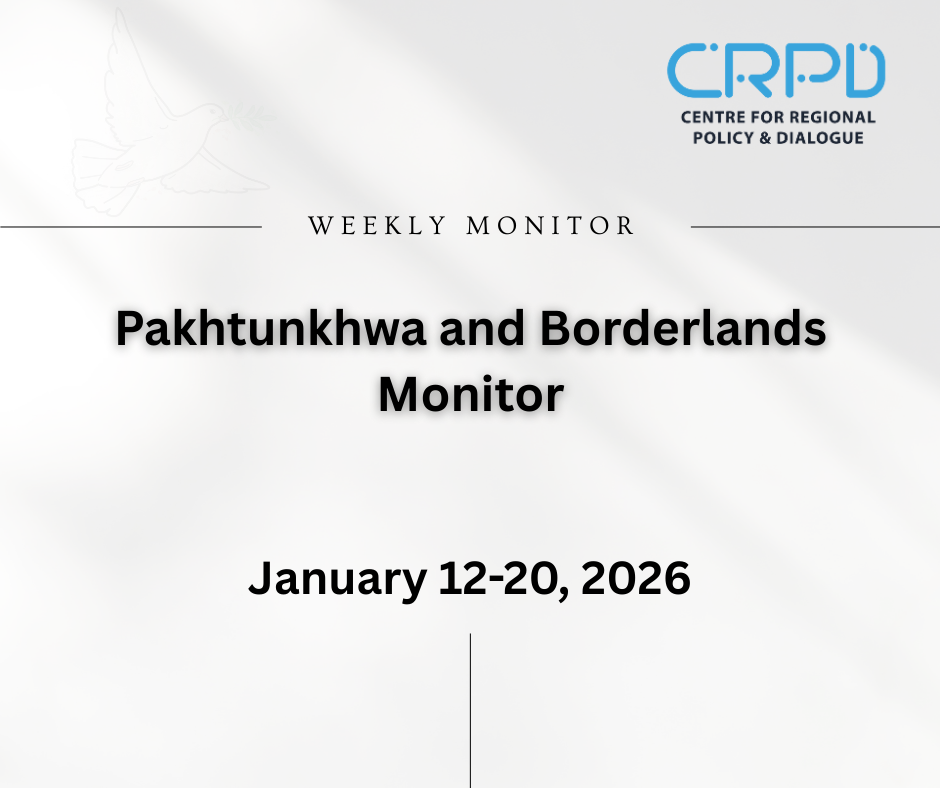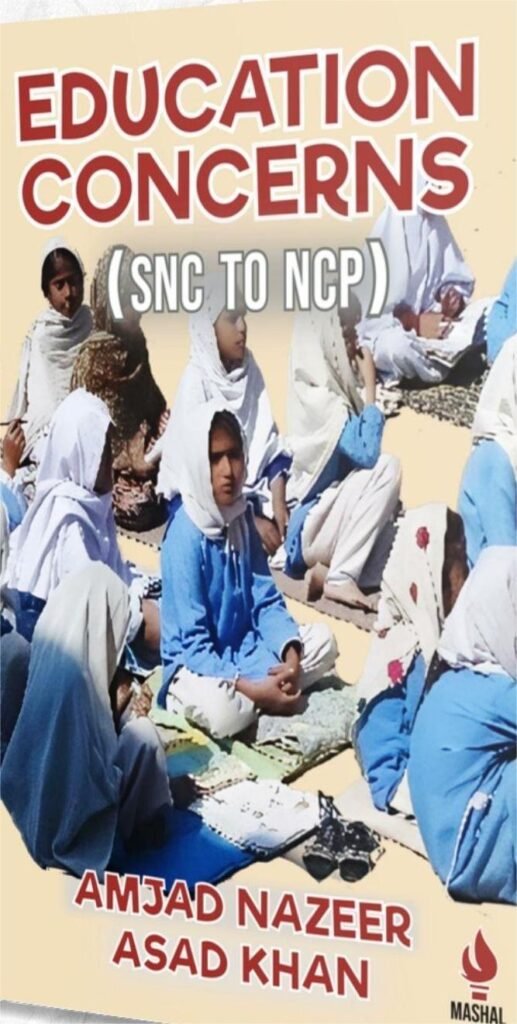Weekly Afghanistan and Pakistan Update – (November 8–14, 2024)
By Mehran Wazir
Afghanistan and Pakistan are grappling with escalating humanitarian challenges and security threats that continue to destabilize the region. Afghanistan, facing a harsh winter, is seeing widespread food shortages, leaving millions at risk of malnutrition. Compounding the crisis are the Taliban’s restrictive policies that hinder humanitarian aid and limit agricultural support, according to The Afghan Times. Meanwhile, Afghan women continue to endure repression, with reports from BBC and CNN highlighting bans on female education and restrictions on public participation, which effectively bar women from accessing essential services.
Adding to Afghanistan’s troubles, thousands of Afghan nationals deported from Pakistan are returning to a country ill-prepared to support them, intensifying the existing humanitarian strain. Meanwhile, in Pakistan’s Kurram district, tribal conflicts over land have resulted in 43 deaths and 177 injuries, disrupting daily life with road closures and limited access to essential services as authorities work toward a ceasefire.
Security concerns remain high along the Durand Line (Pakistan-Afghanistan border). Tehreek-e-Taliban Pakistan (TTP) militants launched several attacks targeting Pakistani security forces. A deadly ambush in North Waziristan on November 9 killed six Pakistani soldiers, with additional clashes in Kurram and Baluchistan resulting in multiple casualties on both sides. Pakistan has expressed concerns to Afghan authorities about TTP’s cross-border operations, which have intensified since the Taliban’s return to power in Afghanistan, reported Voice of America.
On November 10, the conflict escalated further with a militant attack in Pakistan’s Khyber district, where soldiers near the Afghan border faced casualties in a pre-dawn assault. The Hafiz Gul Bahadur group claimed responsibility for the attack, which Pakistan attributes to insurgents taking refuge in Afghanistan—a claim the Taliban denies. Skirmishes between the Taliban and local factions in Afghan provinces continue to result in casualties, with increased IS-K attacks reported in Nangarhar. IS-K’s growing influence poses a significant challenge, with Taliban forces reportedly engaged in counterterrorism operations, yet unable to stem recruitment and attacks by the militant group.
Regional displacement issues were highlighted on November 10 as Turkey deported hundreds of Afghan nationals, adding to Afghanistan’s growing population of displaced citizens, already struggling with economic and security instability.
Further violence erupted in Pakistan’s Bajaur district on November 11, when TTP militants attacked soldiers near the Durand Line, killing three and wounding several others. Pakistan again pointed to Afghan-based militants as a source of ongoing cross-border threats, a concern echoed by regional powers in a recent Moscow meeting. The Taliban, however, denies allowing militants to operate from Afghan territory.
A new wave of violence struck Pakistan’s Khyber district on November 12, with a militant attack on military posts that left at least three soldiers dead and injured over a dozen. Pakistani forces reportedly repelled the assault, killing four assailants. In Kabul, an explosion in a densely populated area resulted in civilian casualties, with IS-K suspected to be behind the incident.
Flooding in Afghanistan on November 14 exacerbated the country’s crises, with fatalities and significant infrastructure damage reported in Faryab and Nangarhar provinces. Key roads were impacted, isolating communities and complicating aid delivery as Afghan authorities urgently called for support. The same day, Pakistan saw violence in Charsadda, where a blast involving a motorcycle left investigators speculating whether it was a suicide bombing.
A tragic incident in North Waziristan further underscored regional tensions, as a blast in a Miranshah home claimed the lives of six women, five of them young girls. Reports indicate that Pakistan deployed a Shahpur drone in the operation, marking the first recorded use of this technology in Khyber Pakhtunkhwa, with similar reports from Baluchistan.
This past week underscores the region’s intersecting crises of humanitarian need, cross-border militancy, and growing displacement, as both Afghanistan and Pakistan face mounting security and humanitarian challenges.







